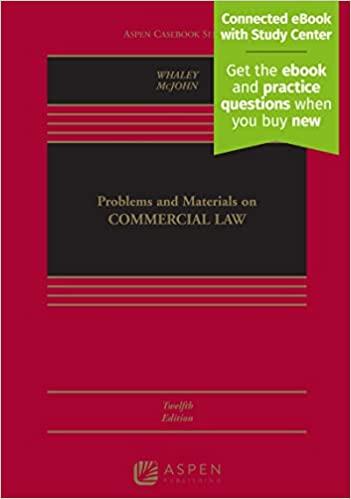Question
1.Which of the following is not an important aspect of employee involvement? a) Employee motivation b) Employee empowerment c) Team and Teamwork d) Keeping employee
1.Which of the following is not an important aspect of employee involvement?
a) Employee motivation
b) Employee empowerment
c) Team and Teamwork
d) Keeping employee morale down
2. Motivation is the process of stimulating people to accomplish _________
a) Desired goals
b) Desired homework
c) Desired assignment
d) Desired homework and assignment
Answer: a
Explanation: Motivation is the process of stimulating people to accomplish desired goals. It is an important aspect of employee involvement. Employee involvement leads to the quick and successful growth of the organization.
3. Motivation is the process of attempting to influence others to do their work through the possibility of getting rewards. Who gave this definition of 'motivation'?
a) Edwin B. Flippo
b) E.F.L. Breach
c) Crosby
d) Deming
4. Which of the options is incorrect with respect to the importance of 'employee motivation'?
a) It promotes employee involvement
b) It promotes job satisfaction
c) Reduces absenteeism
d) Increases absenteeism
5. Motivation creates a congenial working atmosphere in the organization and promotes __________
a) Internal hatred
b) External hatred
c) Interpersonal cooperation
d) Internal and external hatred
6. Which of the following is not part of the basic needs mentioned by Maslow?
a) Physiological needs
b) Safety needs
c) Social needs
d) Hazard needs
7. According to Maslow's hierarchy of needs, the biological needs required to preserve human life are called __________
a) Physiological needs
b) Safety needs
c) Social needs
d) Hazard needs
8. According to Maslow's hierarchy of needs, the needs for food, cloth, and shelter belong to _____________
a) Survival needs
b) Social needs
c) Esteem needs
d) Self - actualization needs
9. According to Maslow's hierarchy of needs, which of the following does not belong to safety needs?
a) Protection from fire and accident
b) Lack of economic security involving health and insurance
c) The desire for an orderly and predictable environment
d) The desire to know the limits of acceptable behavior
10. Safety needs are provisions against deprivation in the future.
a) True
b) False
11. Maslow's hierarchy of needs and Herzberg's two-factor theories are related to motivation.
a) True
b) False
Step by Step Solution
There are 3 Steps involved in it
Step: 1

Get Instant Access to Expert-Tailored Solutions
See step-by-step solutions with expert insights and AI powered tools for academic success
Step: 2

Step: 3

Ace Your Homework with AI
Get the answers you need in no time with our AI-driven, step-by-step assistance
Get Started


